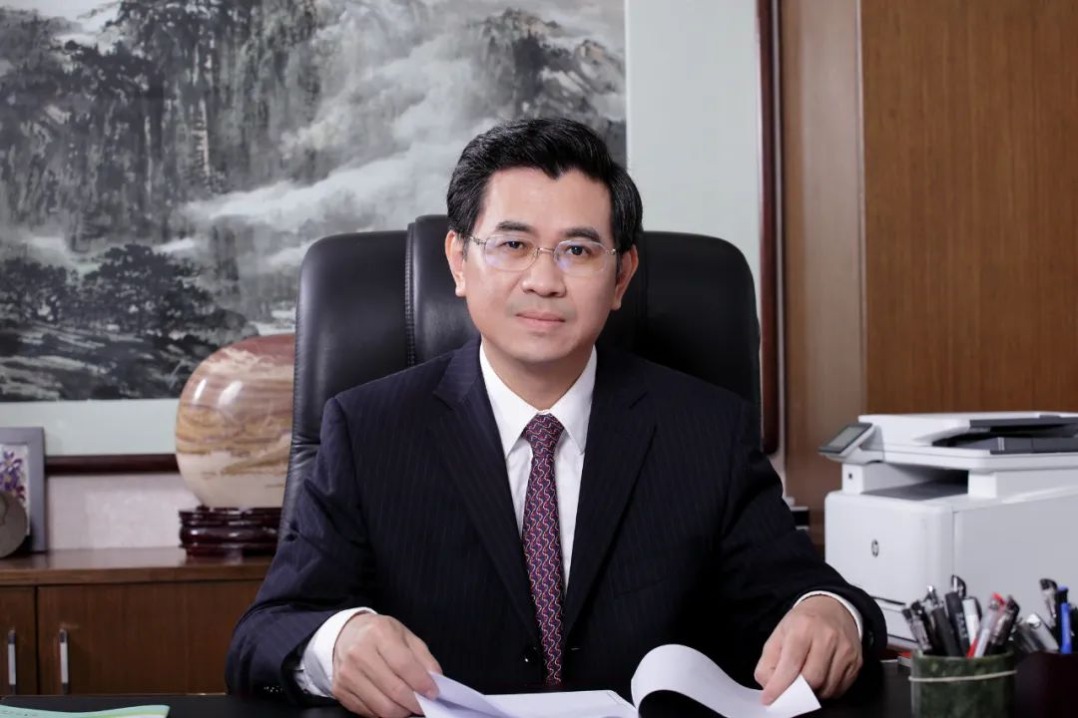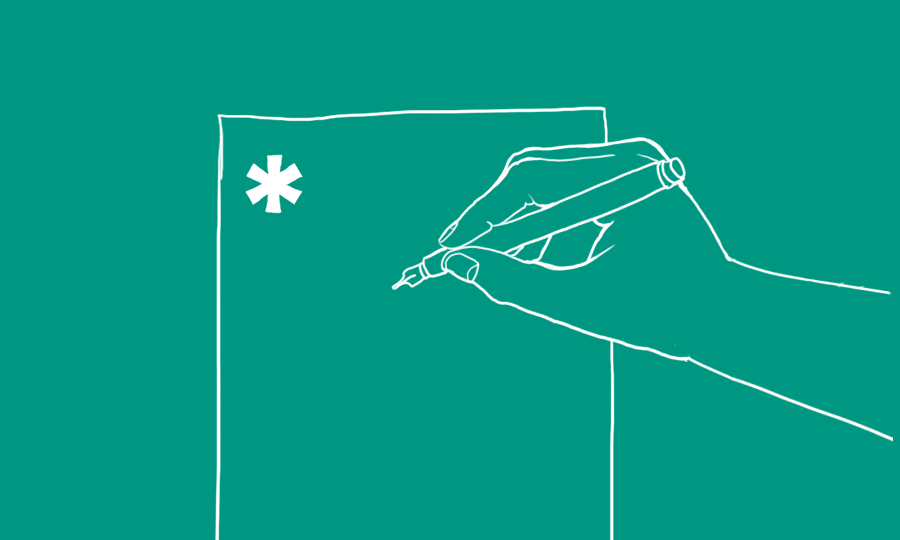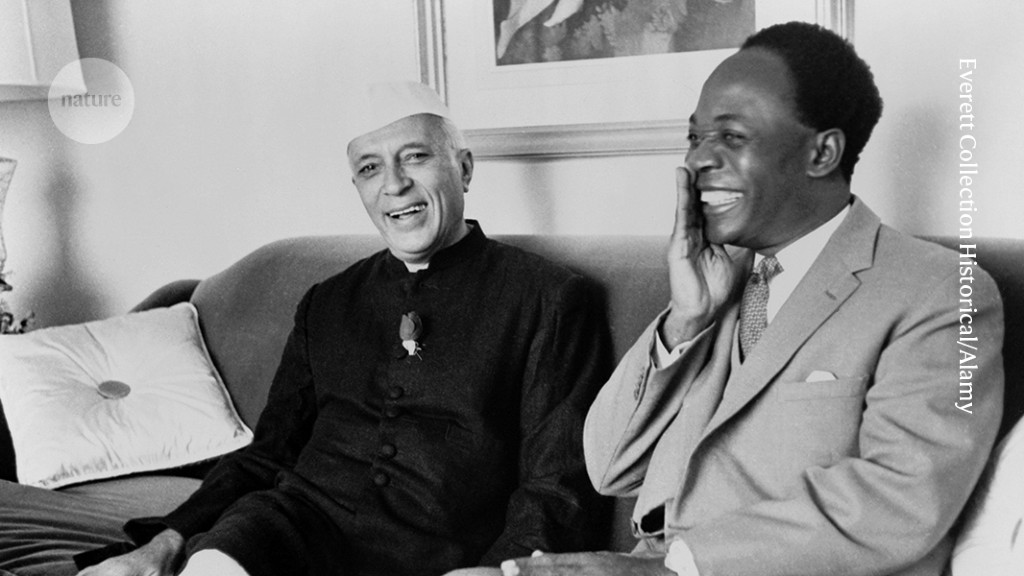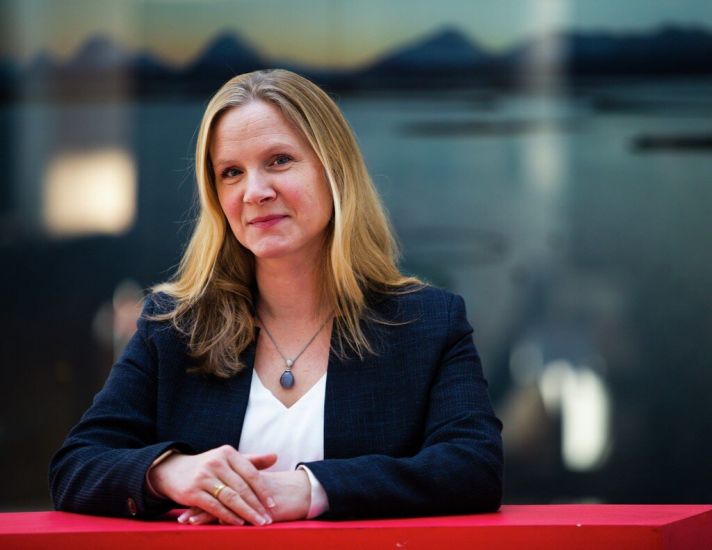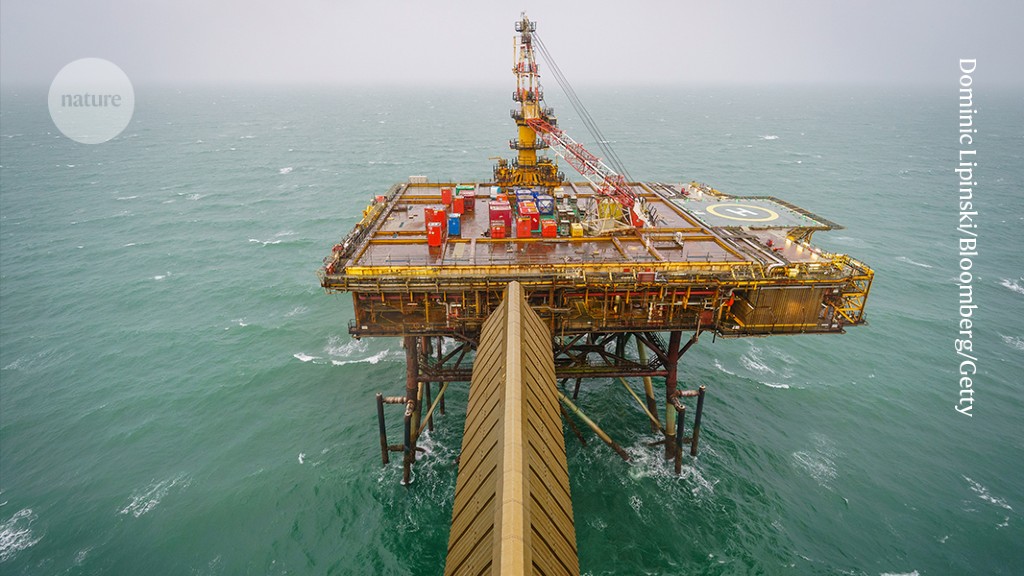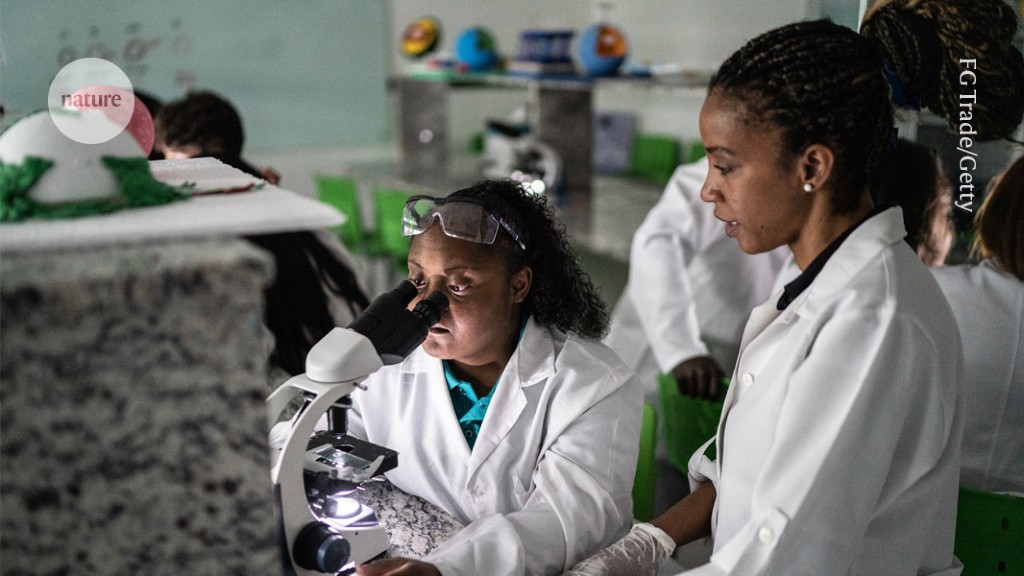web articles
Send us a link
The Growing Environmental Footprint Of Generative AI

Save Lives in the Next Pandemic: Ensure Vaccine Equity Now
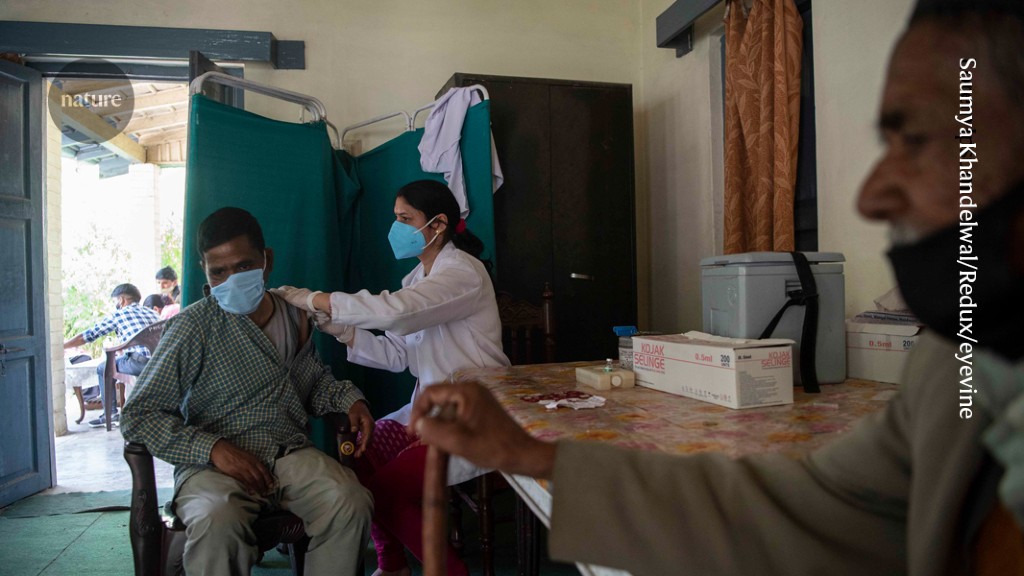
How to Boost Your Research: Take a Sabbatical in Policy

Science Can Drive Development and Unity in Africa - As It Does in the US and Europe
China Becomes Russia's Biggest Collaborator After War Decimates Science Ties with the West
China Becomes Russia's Biggest Collaborator After War Decimates Science Ties with the West
Research Espionage is a Real Threat - but a Drastic Crackdown Could Stifle Vital International Collaboration
Research Espionage is a Real Threat - but a Drastic Crackdown Could Stifle Vital International Collaboration

Largest Post-Pandemic Survey Finds Trust in Scientists is High
Largest Post-Pandemic Survey Finds Trust in Scientists is High
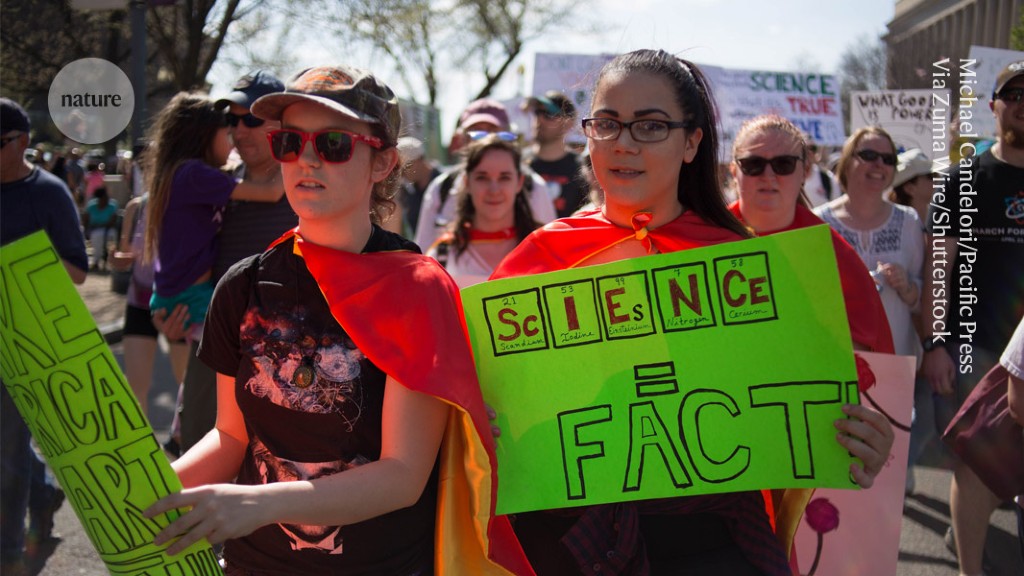
Science Gender Split Still Varies Widely Among EU Countries - Research Professional News
Science Gender Split Still Varies Widely Among EU Countries - Research Professional News
Denmark has the largest share of female scientists and engineers, and Hungary the smallest.
The Past and Future of the EU's 'Horizon' Framework Programme
A special report on the 40th anniversary of the EU’s flagship R&D programme – its origins, its evolution and the issues that will shape its next decade - has been issued.
Defence R&D Should Not Be Funded at the Expense of Other Research in Framework Programme 10
Defence R&D Should Not Be Funded at the Expense of Other Research in Framework Programme 10
With the war in Ukraine continuing to occupy minds across Europe, defence has become a central theme of discussions around the successor to Horizon Europe, Framework Programme 10.
Could Roving Researchers Help Address the Challenge of Taking Parental Leave?
Could Roving Researchers Help Address the Challenge of Taking Parental Leave?
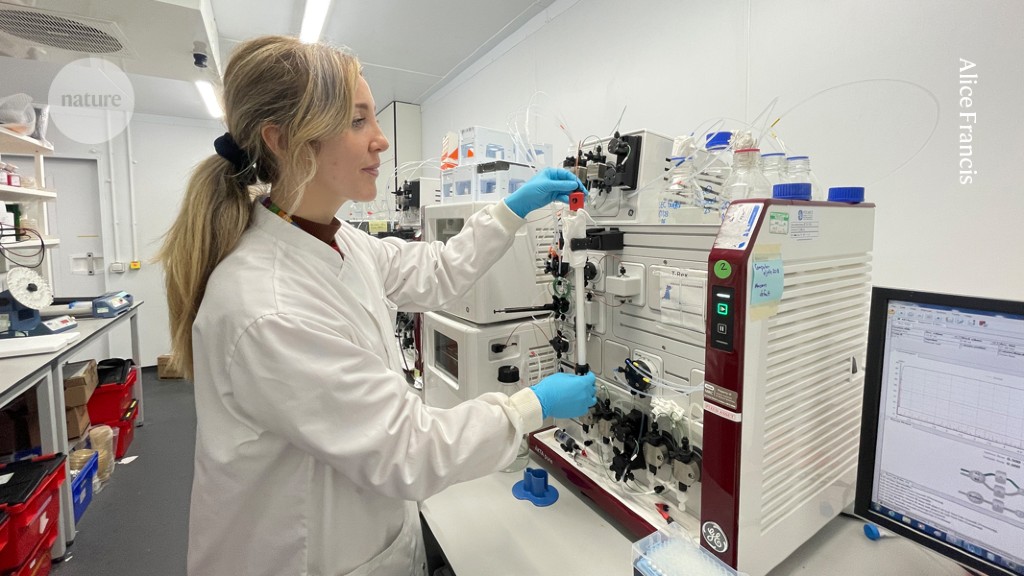
How Common is Academic Plagiarism?
Drawing on insights from a recent international survey on research integrity and a recent high-profile case, Nick Allum and Robin Brooker find previous work on scientific plagiarism may have underestimated its prevalence.

European Science 'Must Catch Up With China and US', Says ERC Head
Horizon Europe successor must vastly increase research funding for Europe to compete
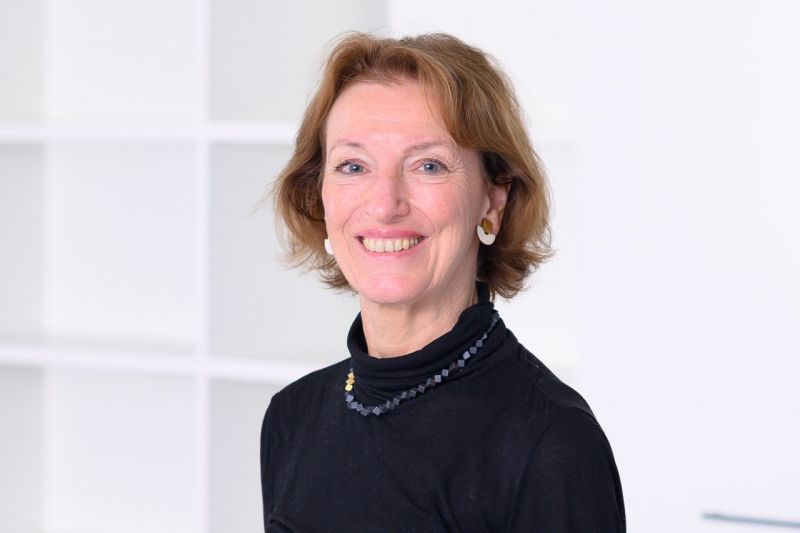
Do Disappearing Data Repositories Pose a Threat to Open Science and the Scholarly Record?
Do Disappearing Data Repositories Pose a Threat to Open Science and the Scholarly Record?
Research data repositories play a vital role in ensuring research is reproducible, replicable and reusable. Yet, the infrastructure supporting them can be impermanent.
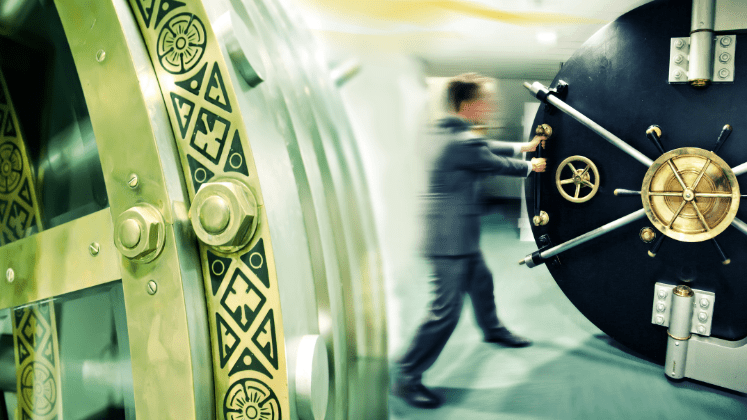
The UNESCO Open Science Outlook: There is Progress, but It is Unequal
Last December, UNESCO published the first global report on the trends of Open Science (OS). OS is increasing but does so unevenly and its monitoring is mainly focused on outputs, missing potential progress in participation and dialogue.

The Successes and Shortcomings of Horizon 2020
The Horizon 2020 programme had a huge impact on the European economy, its scientific output, and on society, but was short on budget, needed simplification and should have included better support for women researchers and entrepreneurs.
Universities Protest EU Plan for Register of Foreign Funding
Proposal for register of organisations receiving non-EU funding risks being "harmful", says European University Association.

What's the Deal with Horizon Europe Widening?
When it comes to research, Europe is divided. To bridge the gap, the EU is now running a Widening programme to help fifteen member states and a few associated countries catch up.
EU Commission Launches Bid to Expand Funding of Dual-Use Research in Horizon Europe's Successor
EU Commission Launches Bid to Expand Funding of Dual-Use Research in Horizon Europe's Successor
The European Commission is proposing to allow technologies with both civil and defence applications to be funded in Framework Programme 10, in order to boost the EU's strategic autonomy.
